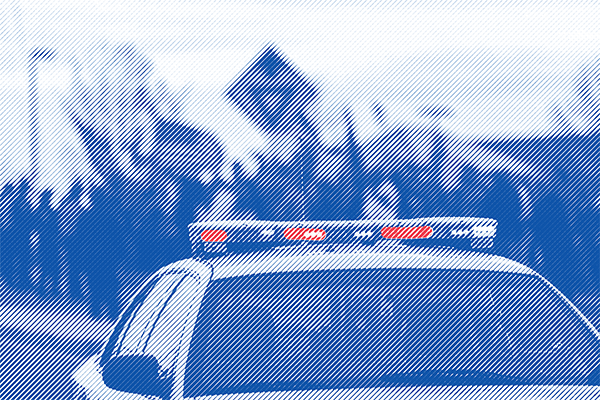To download this guide as a wallet card, click here.
Para ver la guía en Español, haga clic aquí.
Disclaimer: This material is intended for educational, civic, and advocacy purposes. Nothing on this website is intended as, or should be taken as, legal advice. Even if it sounds like legal advice, it is not legal advice for your particular situation because every situation is different. If you need legal advice specific to your situation, please consult a qualified attorney.
Remember
When interacting with the police, you shouldn’t lie, physically resist, run away, or threaten to file a complaint. These types of acts could escalate the situation and/or result in your arrest. You can’t fight police misconduct on the street: it’s safer to comply and challenge the officer’s actions later.
To request legal assistance from the ACLU-DC, go to acludc.org/intake, email [email protected], or leave a message at 202-601-4269.
Thanks to:
- Black Lives Matter DC
- Black Youth Project 100 (BYP100)
- #KeepDC4Me
- Law 4 Black Lives DC
- Stop Police Terror Project DC
- Washington Lawyers’ Committee for Civil Rights and Urban Affairs
Stay Informed
Sign up to be the first to hear about how to take action.
By completing this form, I agree to receive occasional emails per the terms of the ACLU’s privacy statement.
By completing this form, I agree to receive occasional emails per the terms of the ACLU’s privacy statement.

